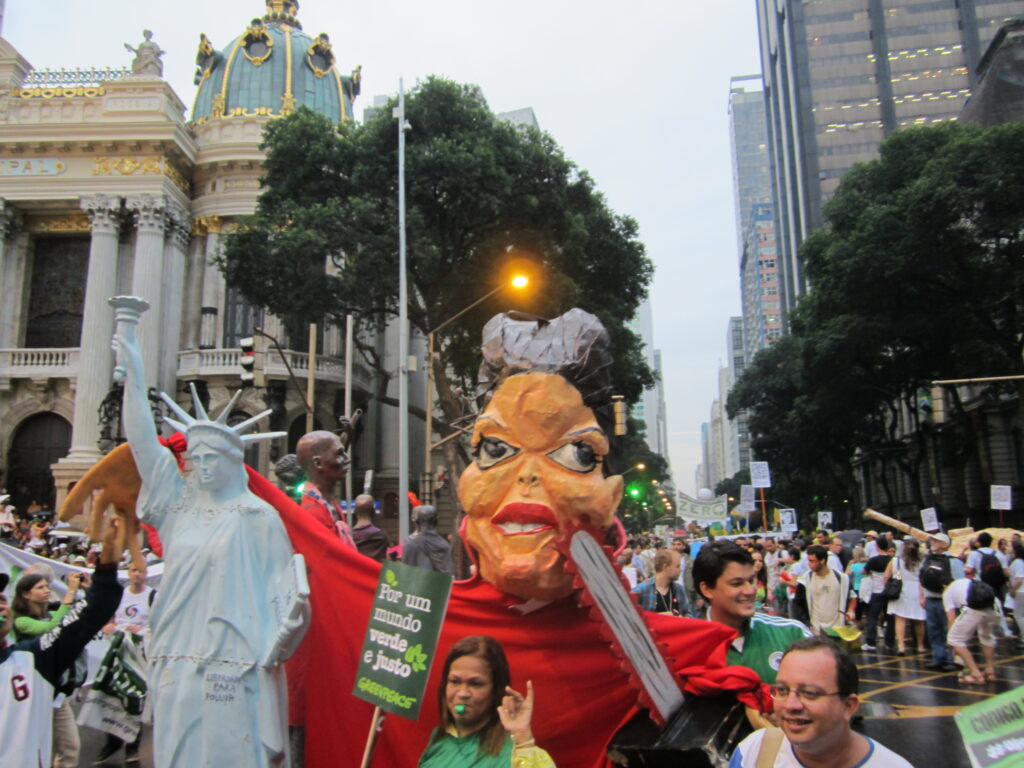5 July, 2012The United Nations Conference on Sustainable Development (Rio+20), which took place from 20 to 22 June 2012, was meant to be a turning-point in the world's efforts to address poverty and environmental degradation.
At the start of the event, United Nations Secretary-General Ban Ki Moon characterized it as a once in a generation opportunity. If that is so, then Rio+20 failed, because this opportunity has been mostly wasted repeating platitudes.
To understand it one must understand what is missing from the outcomes, entitled “The Future We Want”. The nice words have no force behind them. There are almost no commitments to concrete, trackable action. No funds have been allocated. No ambitious targets, no imaginative re-thinking of current patterns of production and consumption appear in it. The words “green economy” appear in the text, but are devoid of meaning: no coherent industrial strategy or policy can be derived from it; and the document is silent on reforming international finance, or imposing even a small tax on international financial transactions.
To be fair, some good things appear in the Rio+20 conclusions. There is recognition of the problem of youth unemployment, decent work creation, women and sexual health issues, the roles of workers and trade unions, and Just Transition. The United Nations Environment Programme (UNEP) will be continued. There are some commitments on desertification, safe drinking water, and protection of the world's oceans. Unfortunately, all of this is weaker than hoped for, and unenforceable.
National leaders and their senior ministers must bear the blame for this fiasco. The United Nations is only as effective as its member states allow it to be. This points out the crisis in international governance and the need to rebuild it.
As Sharan Burrow, General Secretary of the International Trade Union Confederation (ITUC) said, “Words are not enough; a UN process with no targets, no time-lines and no serious inclusion of unions and civil society does nothing to fuel the anxiety of people suffering from unemployment, from poverty or from environmental destruction of their lands and/or livelihoods.”
Jyrki Raina stated, “It is the role of governments to represent the real needs of their citizens and to ensure the common good; and it is up to trade unionists to remain mobilized to remind them of that duty. A sustainable industrial strategy is no longer just a good idea, it is becoming a matter of survival.”
For more details follow the link to: http://www.industriall-union.org/rio20-the-future-they-want
